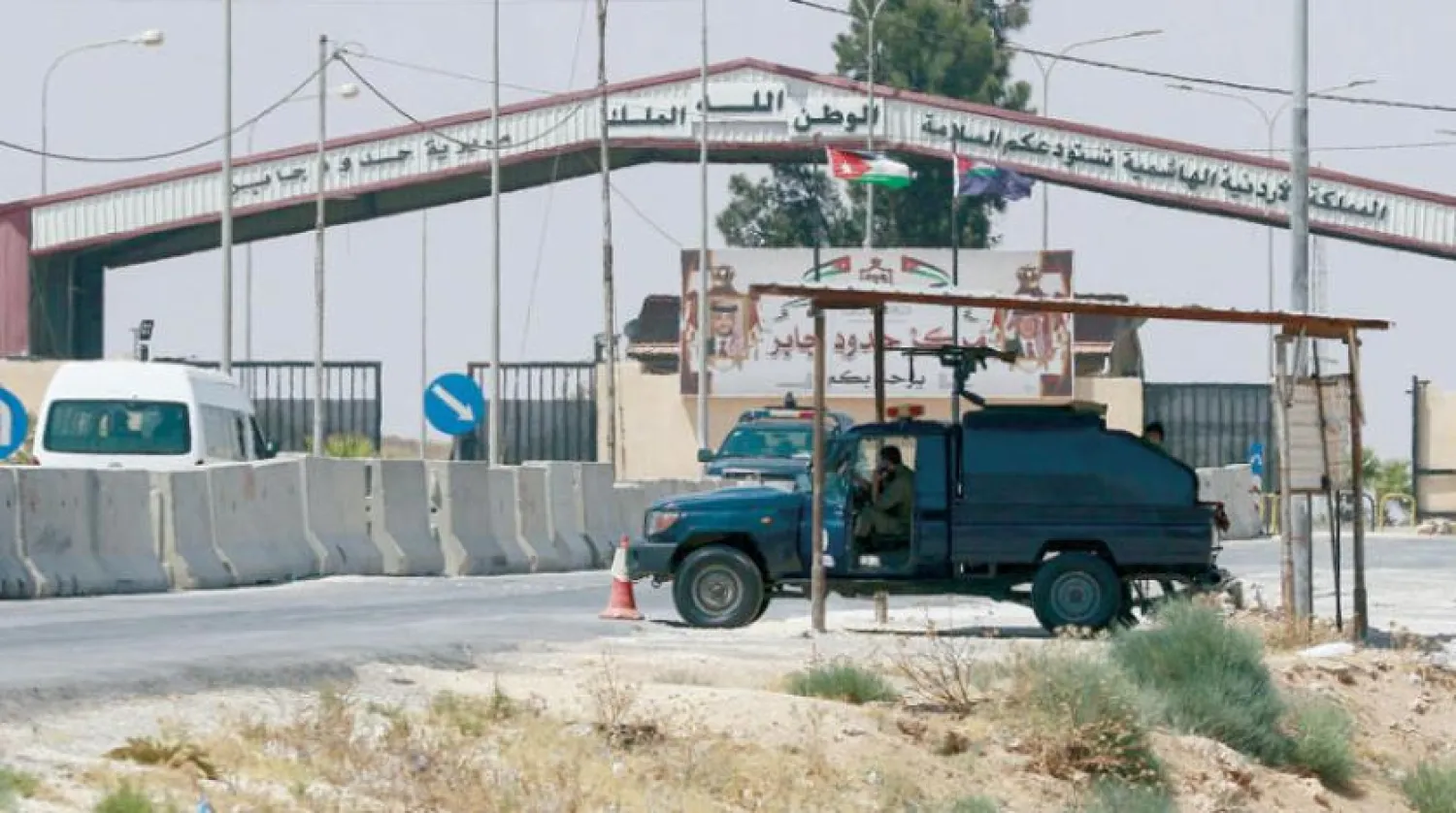The US House of Representatives passed Tuesday a bill to counter drug production and trafficking and dismantle networks linked to the Assad regime in Syria.
The bipartisan bill said that the Captagon trade linked to the regime of Bashar al-Assad in Syria is a transnational security threat, noting that the United States should develop and implement an interagency strategy to deny, degrade, and dismantle Assad-linked narcotics production and trafficking networks.
The bill was presented by Representative French Hill and Representative Brendan Boyle. Hill said that in addition to committing "war crimes against its own people, the Assad regime in Syria is now becoming a Narco-State."
Hill pointed out that the "current epicenter" of the drug trade is in territory controlled by the Assad regime, warning that "Captagon has already reached Europe, and it is only a matter of time until it reaches our shores."
"If we do not work with our like-minded partners to first hinder the narcotics trade and replace it with a working system of institutions that serve the Syrian people, then Assad will add the title "Drug Kingpin" to his recognized global status as a leading mass murderer," said Hill.
The bill calls on the White House to submit the report and strategy required to Congress for review within a period not exceeding 180 days after the date of the enactment of this Act.
It also notes that the administration must provide diplomatic and intelligence support to law enforcement investigations and build counter-narcotics capacity to partner countries through assistance and training to law enforcement services in countries other than Syria that are receiving or transiting large quantities of Captagon.
Lawmakers urged the administration to employ the sanctions regime, including the Caesar sanctions, to target individuals and entities directly or indirectly associated with the narcotics infrastructure of the Assad regime.
The strategy includes "mobilizing a public communications campaign to increase awareness of the extent of the connection of the Assad regime to the illicit narcotics trade."
The text calls for a complete description of the countries receiving or transiting large shipments of Captagon and an assessment of the counter-narcotics capacity of such countries to interdict or disrupt the smuggling of Captagon, including an evaluation of current United States assistance and training programs to build such power in such countries.
- Previous Pressure
Congress increased its pressure on the administration of President Joe Biden to address the Captagon issue. Top Republican representatives of the Foreign Relations Committees called on the White House to submit a detailed report to Congress on the Syrian president's role in Captagon trafficking.
US Senator Jim Risch and Representative Michael McCaul sent a letter to Secretary of State Antony Blinken on the Assad regime's role in drug trafficking, warning that Jordan is increasingly threatened by the flow of Captagon across its borders, has had several dangerous skirmishes with drug traffickers on its border with Syria.
"The Kingdom of Saudi Arabia, also under assault from flows of Syrian Captagon, has been forced to increase security resources for interdiction efforts," the letter read.
In July, a group of Democratic and Republican lawmakers called the US administration to review if Syria met the criteria of a "major illicit drug producing country" or "major drug-transit country" under the Foreign Assistance Act.
In a letter addressed to Blinken, Rep. Hill, Sen. Roger Marshall, and Rep. Brendan Boyle warned that in addition to its gross human rights violations and regularly committing war crimes against his people, the Assad regime in Syria has now become a narco-state.
"The production and trade of the drug, Captagon, is not only a critical financial lifeline to Assad, but it cripples local populations, serves to undermine families and local communities, and finances Iran-backed groups in the region."
The lawmakers called on the US government to do all it could to disrupt the industrial level of drug production in Syria.
"This includes getting my bill for an interagency strategy signed into law and the Department of State determining that Syria is a major drug manufacturing and transit country," read the letter, warning that "if we do not act, then we risk permitting the narco-state of Assad to become a permanent fixture in the region."









